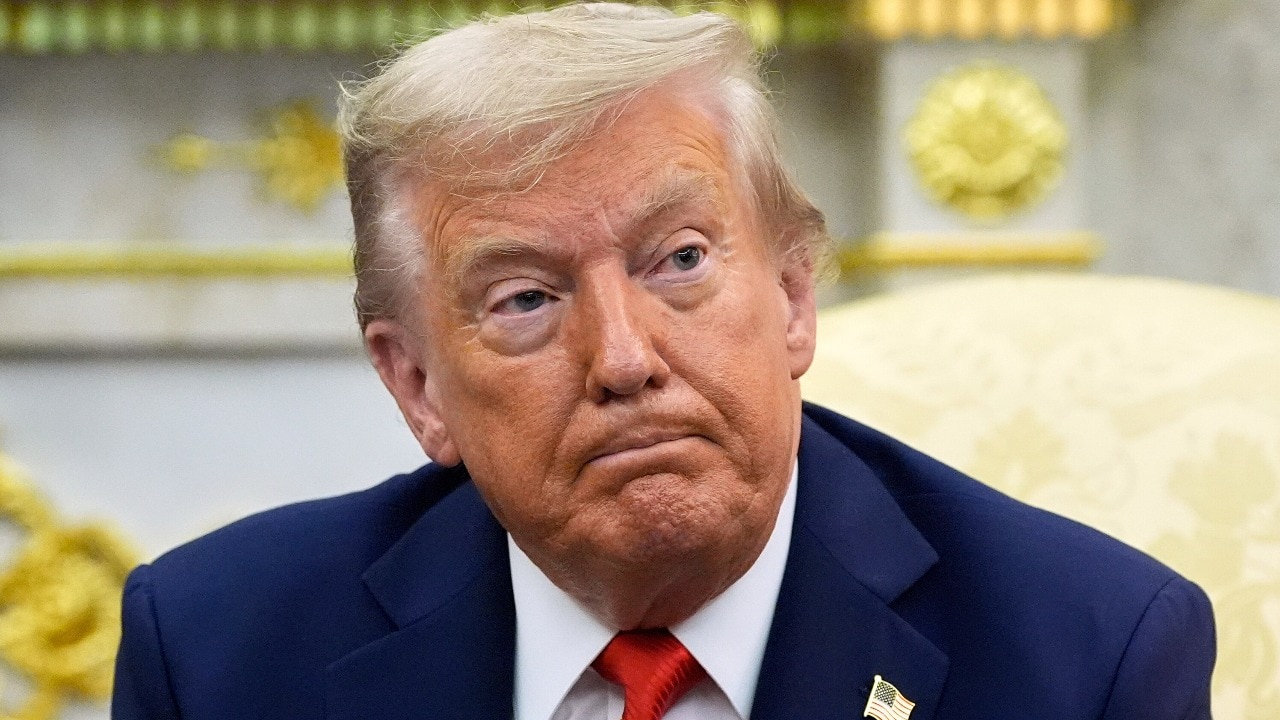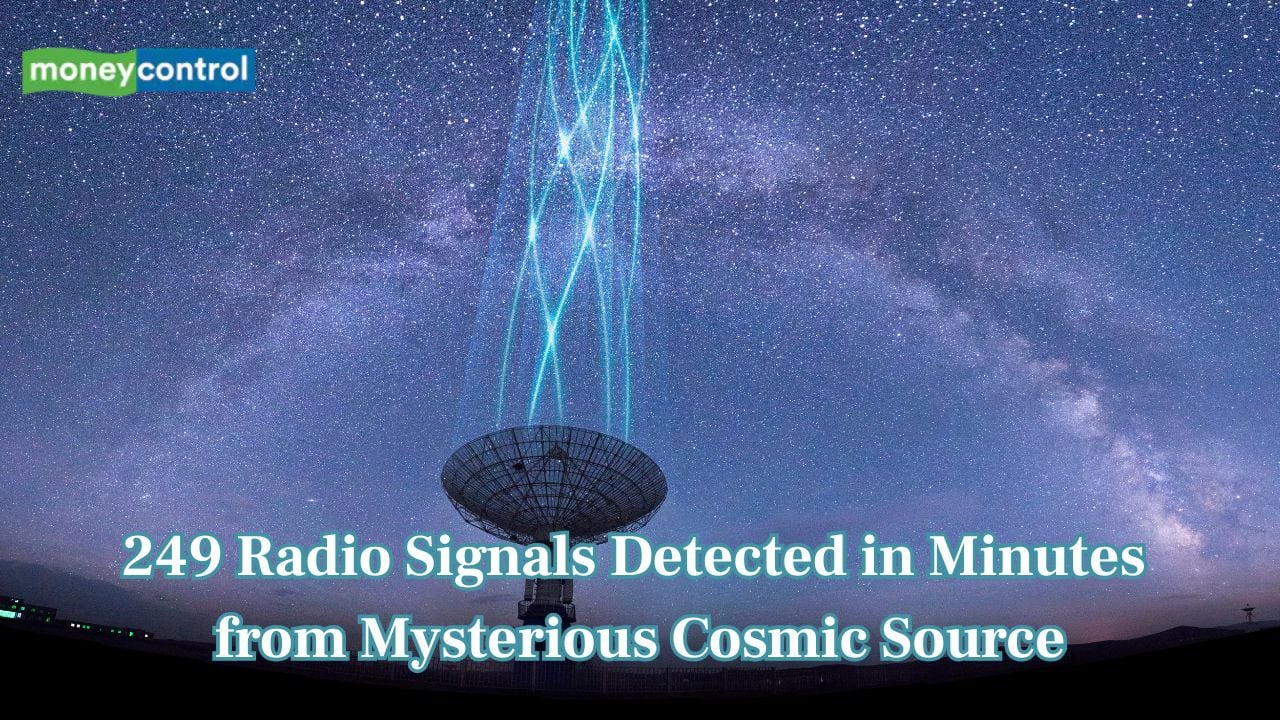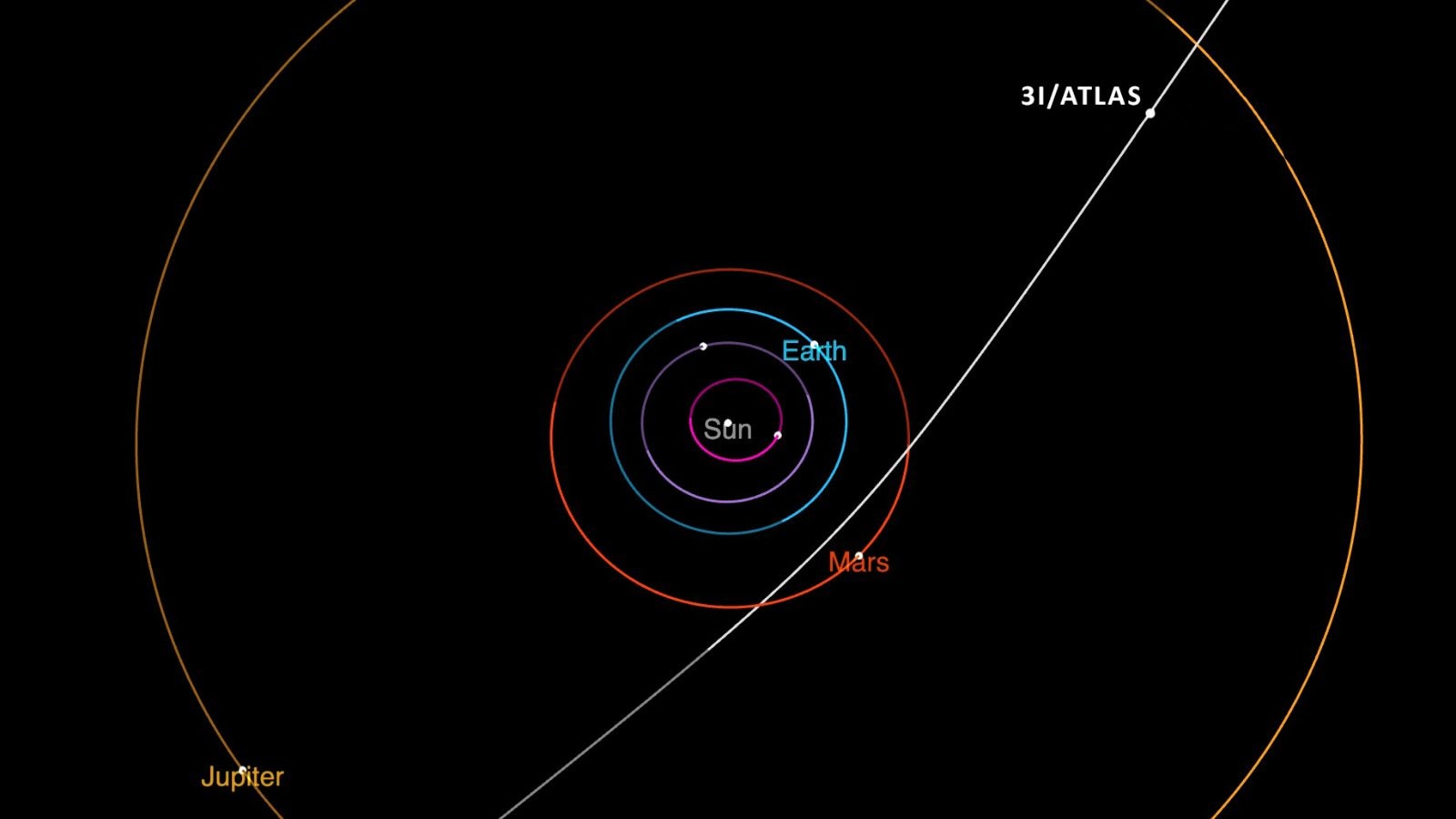Trump and Musk Clash Over New Political Party Concept

In a dramatic turn of events, President Donald Trump and billionaire entrepreneur Elon Musk have engaged in a public war of words following Musk's announcement of plans to establish a new political party. The confrontation, which unfolded through social media and press statements, underscores the deepening rift between the two influential figures, once allies, now adversaries.
The tension first surfaced when Musk took to social media to express his discontent with Trump’s recent sweeping tax cut and spending bill, which is projected to add trillions of dollars to the national debt. Musk, who has been contemplating the creation of a third political party for some time, reignited this discussion over the weekend, stating, “When it comes to bankrupting our country with waste & graft, we live in a one-party system, not a democracy.” He went on to announce the formation of the 'America Party,' claiming it aims to restore freedom to the American people.
In response, Trump dismissed Musk's plans as “ridiculous” during a news conference, asserting, “Starting a third party just adds to confusion.” He emphasized that such parties have historically struggled to gain traction in the United States, indicating that Musk's venture was unlikely to succeed. Trump further criticized Musk’s recent behavior, stating, “I am saddened to watch Elon Musk go completely 'off the rails,' essentially becoming a TRAIN WRECK over the past five weeks,” suggesting a personal disappointment in Musk's shift in allegiance.
The origins of their alliance can be traced back to Trump’s second term, during which Musk was appointed as a “special government employee” to lead efforts aimed at improving government efficiency and cutting expenditures. However, the relationship soured after Musk departed the administration in late May, coinciding with his public denouncement of Trump's legislative agenda. Musk's vehement opposition to the tax bill led him to publicly scold lawmakers supporting it, threatening them with electoral repercussions in the upcoming primaries.
Trump's social media commentary elaborated on their ideological differences, specifically regarding electric vehicle (EV) mandates within the legislation. He recounted a conversation where Musk allegedly expressed no objections to the termination of EV subsidies, drawing attention to a perceived inconsistency in Musk's recent criticisms.
Further complicating matters, Trump explained his decision to withdraw the nomination of Musk’s associate, Jared Isaacman, to lead NASA, citing concerns over potential conflicts of interest given Isaacman's ties to the space industry and his friendship with Musk. Trump asserted, “My Number One charge is to protect the American Public!” reinforcing his stance against perceived nepotism.
In a pointed reply to Trump’s lengthy post, Musk mocked the situation, quipping, “What’s Truth Social?” He continued to deride Trump’s bill as a betrayal of the principles behind the cryptocurrency DOGE, questioning the rationale behind increasing the national debt by $5 trillion.
Despite the ongoing feud, it remains uncertain if Musk has officially initiated the process of forming a new political party, as he has not publicly filed any paperwork with the Federal Election Commission. Musk has indicated that his political ambitions would initially focus on winning “just 2 or 3 Senate seats and 8 to 10 House districts,” envisioning this as a strategy to exert influence over key legislative battles.
In a reflection of his strategic thinking, Musk compared his approach to battlefield tactics, referencing the historical figure Epaminondas and his victory at Leuctra, emphasizing the potential impact of concentrating forces in specific areas. Musk also hinted at the possibility of supporting a presidential candidate in 2028 but maintained that the immediate focus would be on the upcoming House and Senate elections.




























